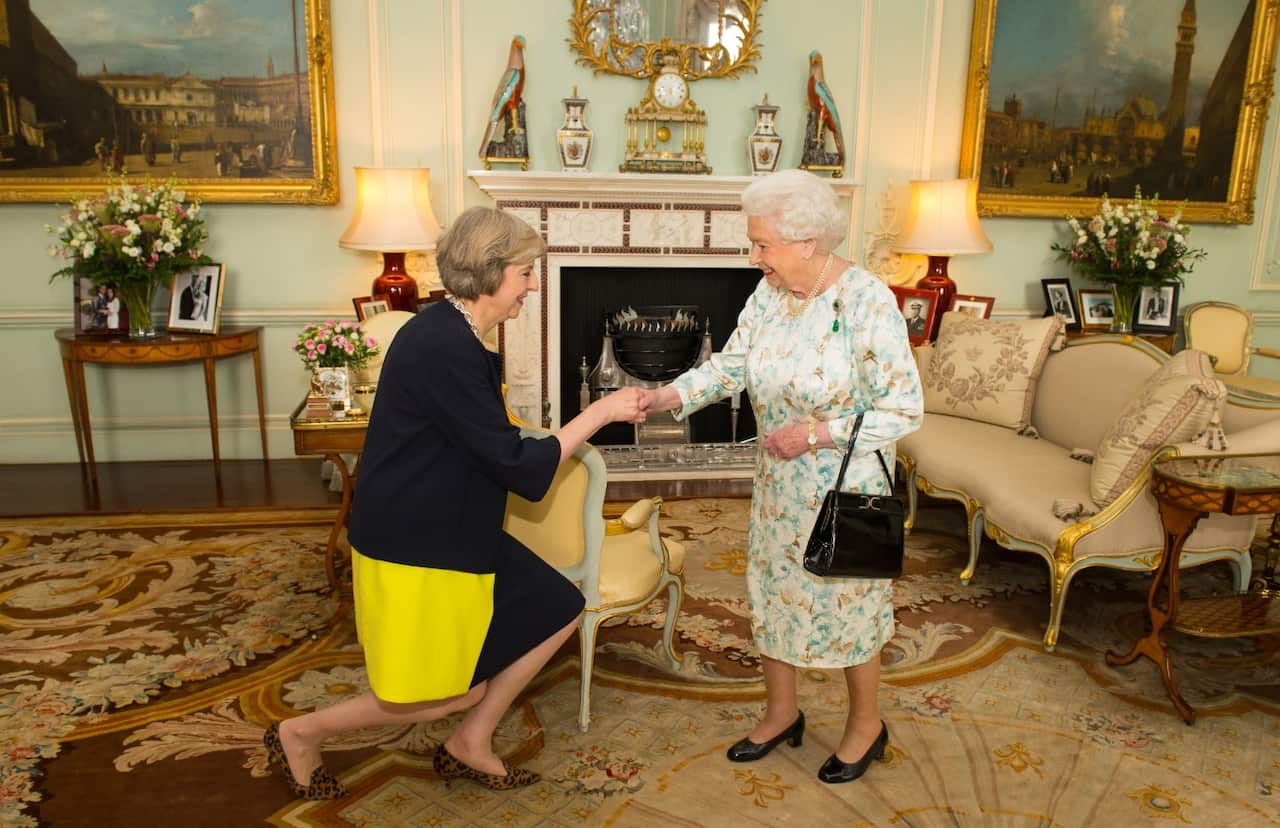Theresa May has been sworn in as Britain's 76th prime minister, replacing David Cameron who stood down following last month's Brexit referendum.
She addressed a sea of reporters outside her new residence at 10 Downing Street, outlining her plan to create a Britain "that works for everyone".
"If you’re from an ordinary working class family, life is much harder than what people in Westminster realise," she said.
"If you’re born poor, you will die on average nine years earlier than others. If you’re black, you're treated more harshly by the criminal justice system than if you’re white.
"The mission to make Britain a country that works for everyone means more than fighting these injustices."

Professor Paul Pickering, Dean of the college of Arts and Social Sciences at The Australian National University, believes May delivered the speech to connect with a large number of disenfranchised Britons.
“It’s an interesting speech because I think it’s trying to appeal to two constituencies – one being the Brexiters, but also to those discontented voters who felt that the government has left them behind," he told SBS.
“She realises that mainstream parties have to find a way of connecting to that disaffection in large parts of Britain, which hasn't recovered from the de-industrialisation of Britain and the increased gap between the rich and poor is increasing.
"There has always been two nations in Britain (rich and poor). That division is as strong today as it ever has been."
Prof Pickering said the speech contained a message which Australia's two major parties should take heed of in relation to the shift towards independent candidates at the recent federal election.
“The real lesson for Liberal and Labor is to note the way in which the two major parties in Britain have lost touch with the electorate," he said.
"The vote for Labor in the last election was almost a historic low. I think the way in which the electorate are looking for alternatives to the major political parties is a reflection of the fact that they have lost touch with what a lot of people are looking for in their politicians."
In the speech, May outlined her government's goal of addressing inequalities in education, healthcare and gender opportunities - a task Prof Pickering said would be "very difficult" to achieve because of the way Britain's economy has been hit by the recent Brexit vote.
“They will need to have some serious money available to start to provide ways to narrow the gap between rich and poor," he said.
May's Brexit response
May pledged to forge a new path for Britain following the June 23 referendum which sparked three weeks of political turmoil, rising incidents of racial abuse and volatility on financial markets.
"As we leave the European Union we will forge a bold new positive role for ourselves in the world, and we will make Britain a country that works, not for a privileged few, but for everyone of us," she said
"That will be the mission of the government I lead and together we will build a better Britain."
She also promised to strengthen the union between Britain, Scotland, Wales and Northern Ireland.

